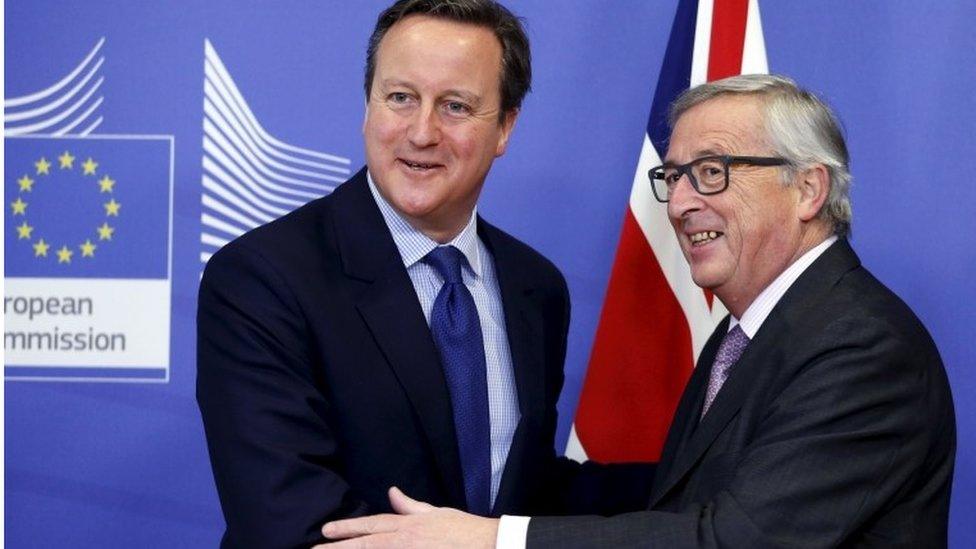EU reforms: 'Audacious demand' taken seriously by leaders
- Published
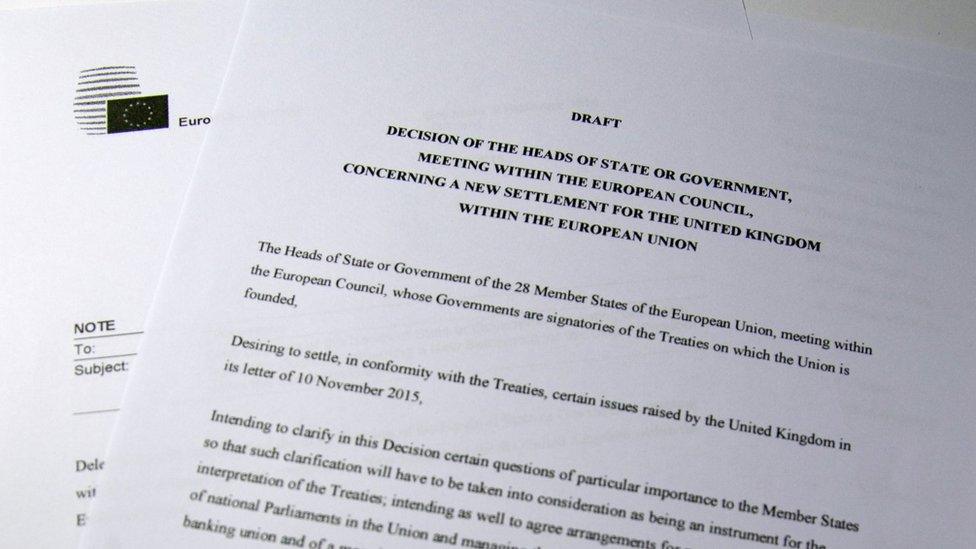
Britain's relationship with the EU has been turbulent right from the start, when it joined the bloc over 40 years ago.
Who can forget Margaret Thatcher's speech in the House of Commons, with her: "No, no, no" to European integration and a single currency?
It's never been a marriage of conviction. More assumed convenience. Sometimes fruitful; often fraught.
Now, viewed from Brussels, EU-UK relations have changed fundamentally again with what's seen here as Britain's audacious demand for reforms that Europe has taken seriously.
This is the first time in EU history that one country has stood up in front of the rest, threatening to leave if the EU doesn't dance to its reformist tune.
And then got what it asked for. To a certain extent. In draft form. Well, at least in the minds of EU institution bigwigs.
UK-EU draft deal - Latest updates
But now it's over to the other 27 EU countries to have their say. All have to agree to the text of the deal before it can be passed.
Dismissed by David Cameron's critics at home as weak and meaningless, this draft new EU-UK "settlement" as it is known here is - predictably - ruffling some continental feathers among those who believe it goes far too far.
Central and Eastern Europe grumble about the plan to cut EU migrant benefits.
They say it goes against the founding EU principle of the freedom to live and work anywhere across the bloc.
Expect them to bargain hard over the next few days to water down that proposal.
A high-level EU source told the BBC that France and its concerns kept UK and EU negotiators up late Monday night, as the draft deal was being finalised.
The Hollande government is grinding its collective teeth at the very notion that the UK and other non-euro nations could stall Eurozone decisions.
They say a definite "Non!" to a full veto for the UK, though anything less is dismissed as pointless by Mr Cameron's critics.
Over the next couple of weeks leading up to the EU leaders' summit, expect Germany to play the role of the behind-the-scenes mediator. It's determined that everything must be done to keep the UK in the bloc.
A close ally to Chancellor Angela Merkel, German MEP David McAllister, told us today: "These are hard and tough negotiations.
"Nothing will be agreed until everything is agreed. But in general I would say, we are on the right way. We want the UK to stay an active and strong partner in an active and strong EU."
The man who represents all EU countries here in Brussels is the President of the European Council, Donald Tusk.
Grand finale
Accompanying his tweets releasing the draft UK deal, external, Mr Tusk cryptically added the words: To be, or not to be.
And it won't necessarily be.
David Cameron is banking on a grand finale at the EU leaders' summit, where his reforms will be applauded by peers in Europe, then presented to the British people, allowing the prime minister to set a date for the UK's referendum on EU membership as early as this June.
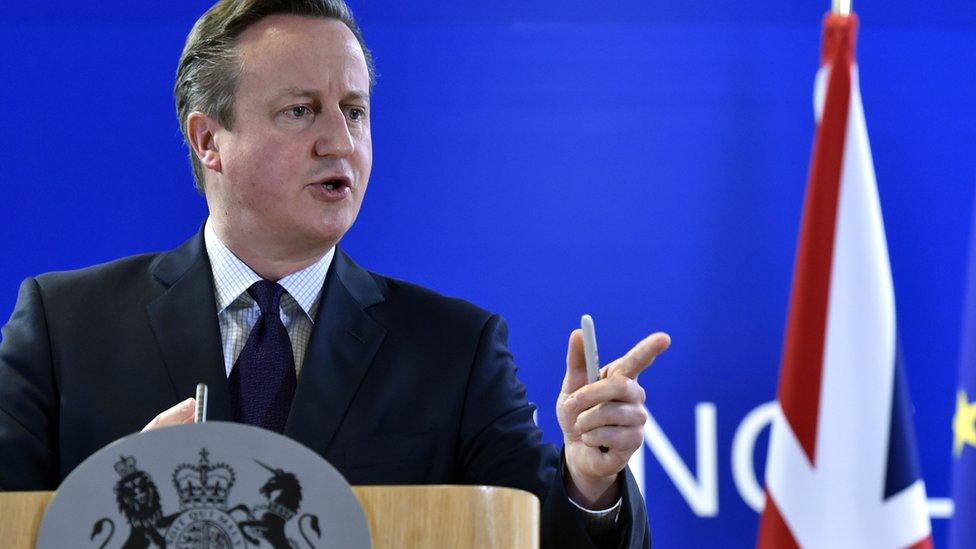
Mr Cameron is to continue his meetings with EU leaders this week
But EU leaders are an unpredictable lot and they need to sell the deal to their voters back home too.
No surprise, then, that Mr Cameron is off to Poland this Friday. For tea and a schmooze on migrant benefits, one might assume.
It is not inconceivable that some EU countries could try to use the next two weeks of bickering and bartering over the UK deal to score their own political points.
The European Union is beset by crisis at the moment: terror/security, ongoing malaise in the eurozone and, of course, mass migration.
What's to stop Greece, for example, refusing to sign off on the UK deal unless it receives better support from EU colleagues with the boats filled with asylum seekers landing on its shores or with the international loan repayments it's struggling to meet?
It's not likely to play that hand. But it could.
Mr Cameron's Eurosceptic adversaries will be vying for his attention back home now.
He'd be well advised to keep an eye on his European colleagues too until his EU deal is signed and sealed.
Expect the bickering and bartering to continue well into the summit on 18 and 19 February.
The outcome is not - altogether - a foregone conclusion.

Further reading on the UK's EU referendum
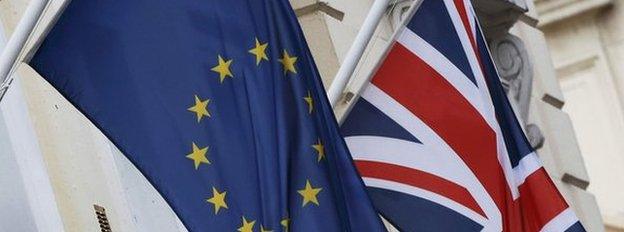
Guide: All you need to know about the referendum
Referendum timeline: What will happen when?

- Published2 February 2016
- Published2 February 2016
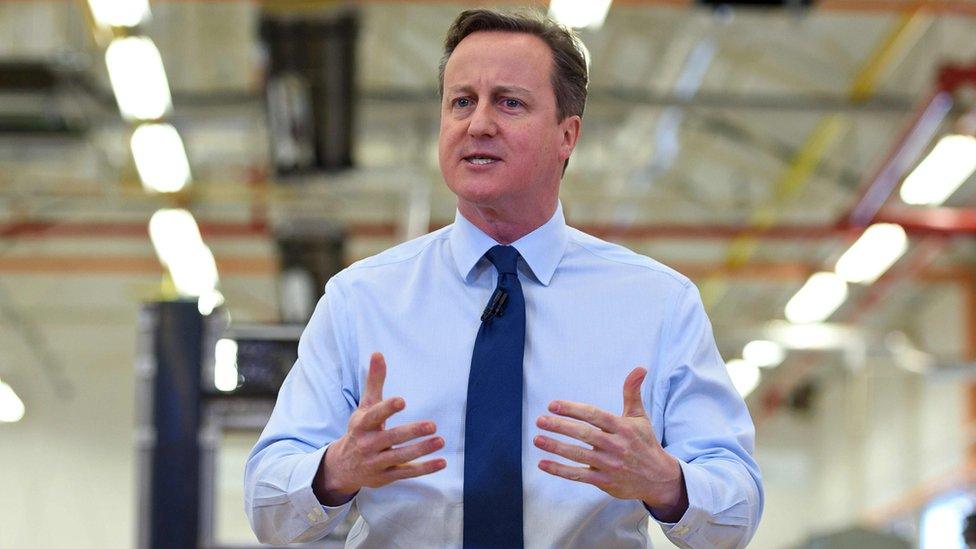
- Published31 January 2016
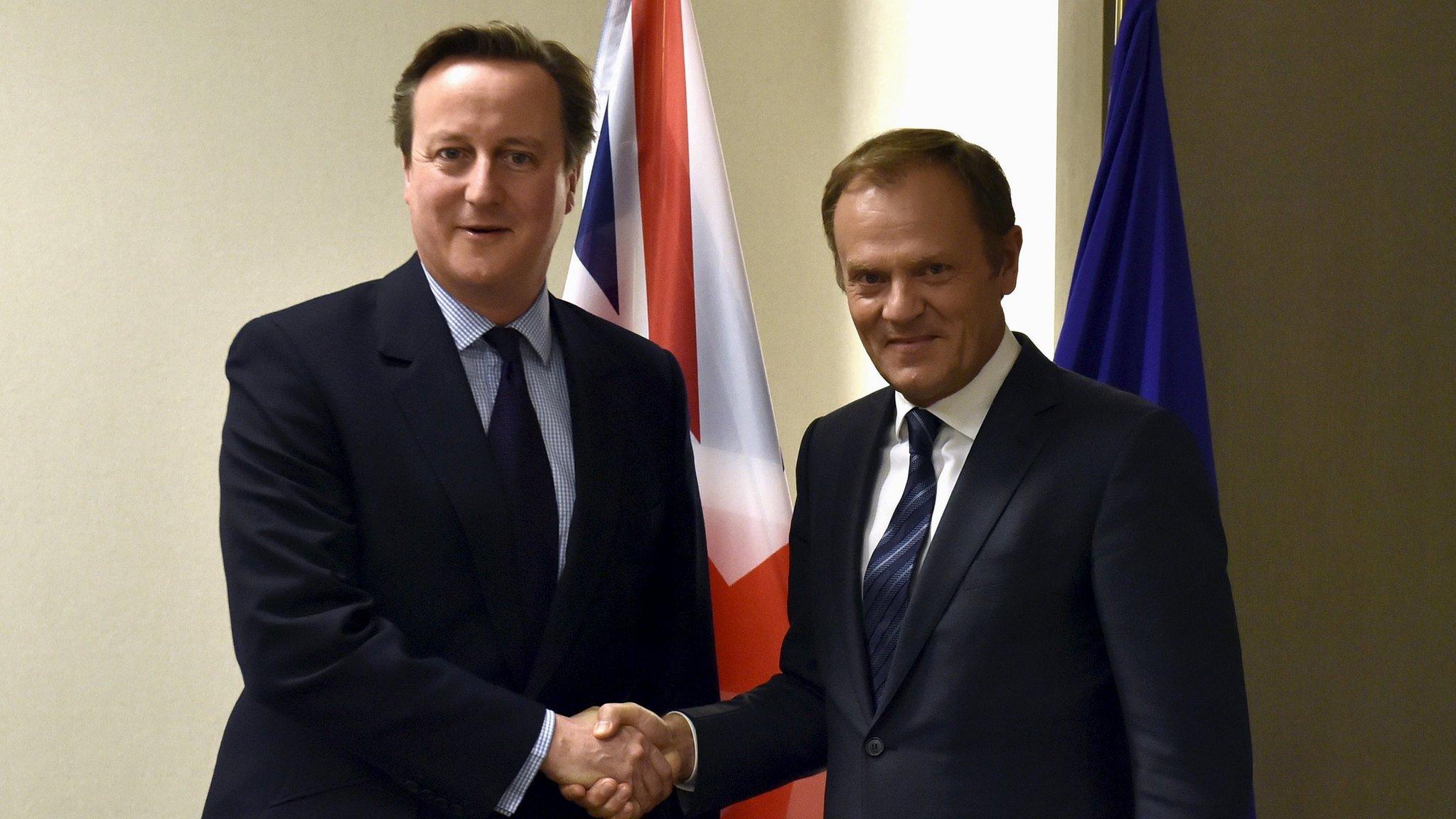
- Published17 February 2016
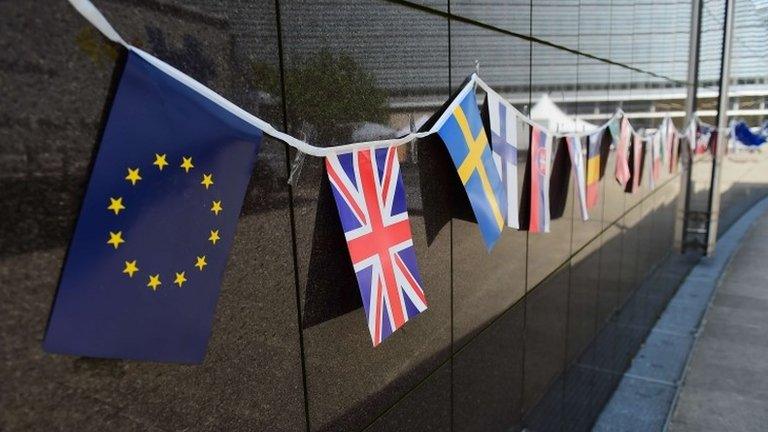
- Published29 January 2016
